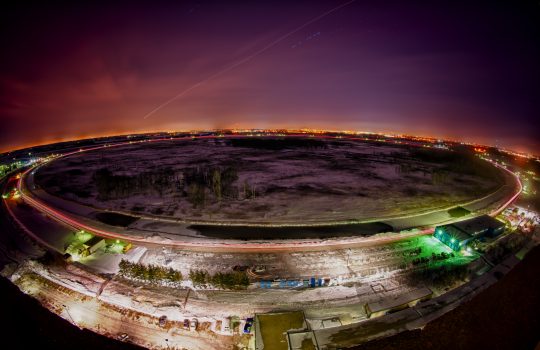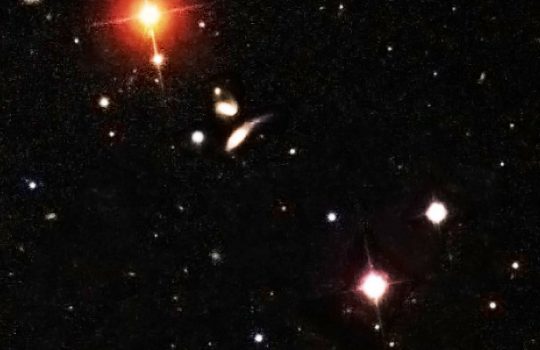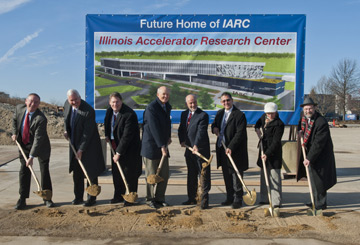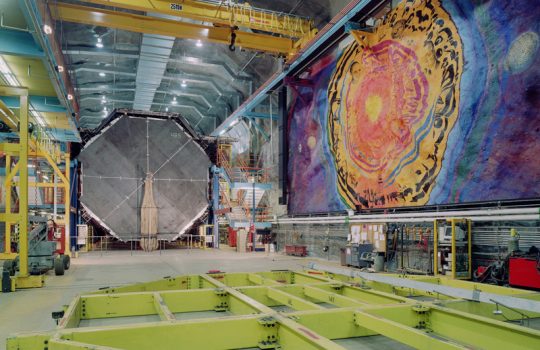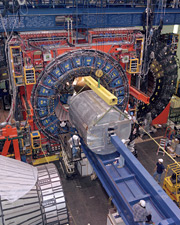Tevatron experiments report latest results in search for Higgs boson
New measurements announced today by scientists from the CDF and DZero collaborations at the Department of Energy’s Fermi National Accelerator Laboratory indicate that the elusive Higgs boson may nearly be cornered.

